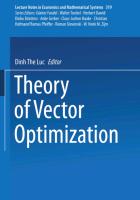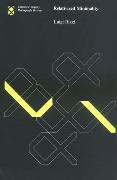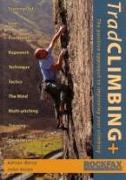Theory of Vector Optimization
BücherAngebote / Angebote:
These notes grew out of a series of lectures given by the author at the Univer sity of Budapest during 1985-1986. Additional results have been included which were obtained while the author was at the University of Erlangen-Niirnberg under a grant of the Alexander von Humboldt Foundation. Vector optimization has two main sources coming from economic equilibrium and welfare theories of Edgeworth (1881) and Pareto (1906) and from mathemat ical backgrounds of ordered spaces of Cantor (1897) and Hausdorff (1906). Later, game theory of Borel (1921) and von Neumann (1926) and production theory of Koopmans (1951) have also contributed to this area. However, only in the fifties, after the publication of Kuhn-Tucker's paper (1951) on the necessary and sufficient conditions for efficiency, and of Deubreu's paper (1954) on valuation equilibrium and Pareto optimum, has vector optimization been recognized as a mathematical discipline. The stretching development of this field began later in the seventies and eighties. Today there are a number of books on vector optimization. Most of them are concerned with the methodology and the applications. Few of them offer a systematic study of the theoretical aspects. The aim of these notes is to pro vide a unified background of vector optimization, with the emphasis on nonconvex problems in infinite dimensional spaces ordered by convex cones. The notes are arranged into six chapters. The first chapter presents prelim inary material.
Folgt in ca. 5 Arbeitstagen




